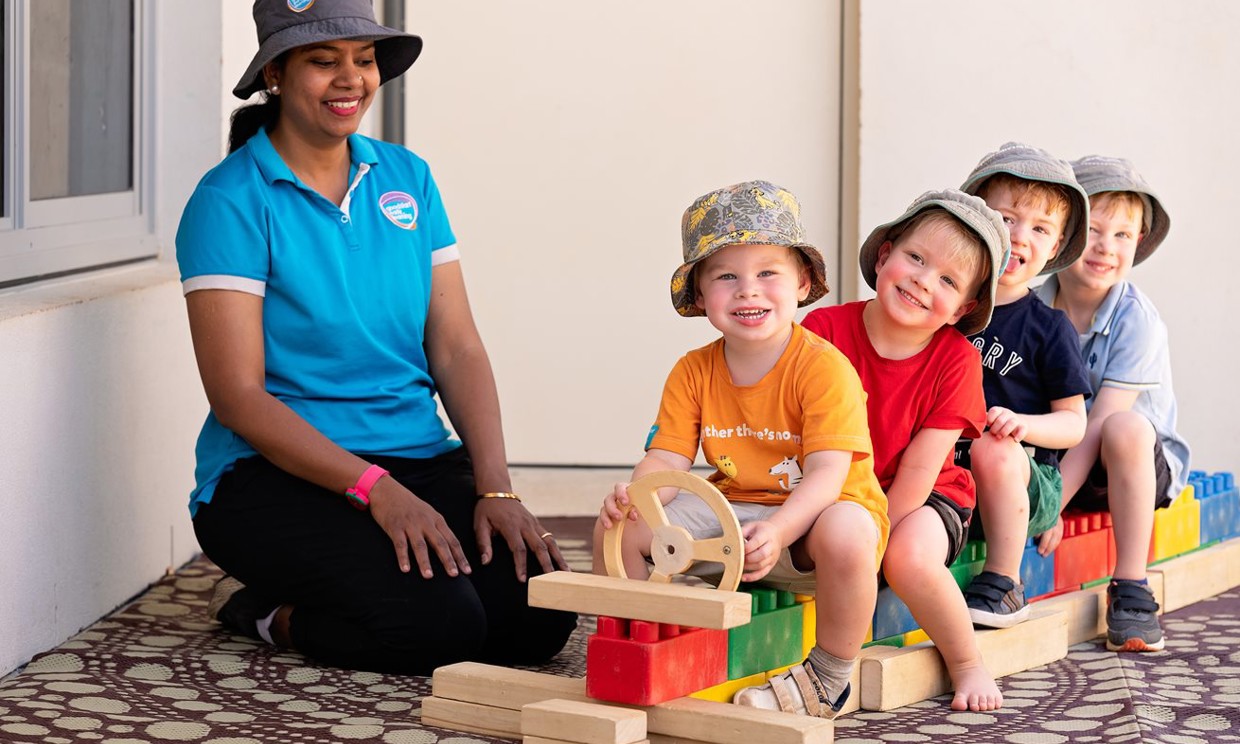Parents can help their children build social skills and make friends at school
As adults, we often rely on our friends to help us through tough times. The lockdowns and quarantine periods of recent years have demonstrated the importance of social connections and interactions, and teaching children how to build friendships has become an even more critical part of early learning.
Children learn by engaging with friends - so in an early learning environment where they are surrounded by other children, they learn how to relate to others, respond to challenges, regulate their behaviour and emotions, and develop social skills and confidence.
Research also shows that well-developed social skills improve a child's opportunities for life, education and health, and are essential in preparing for school.
However, friendships can be tricky to establish and maintain as young children develop their social and emotional skills and learn how to play and live with others.
Dr Lisa Palethorpe, Goodstart Early Learning national manager and former kindergarten teacher and lecturer, says parents have a significant influence on their child’s social skills and their ability to engage socially with other children and make friends.
“From a young age children initiate playful exchanges with other children, however, to develop these exchanges into positive friendships, they need to be supported to develop appropriate social skills,” Dr Palethorpe says.
Dr Palethorpe suggests three simple everyday ways to encourage and develop your child’s social skills to help them make friends.
Help them feel safe and build trust
Children and adults need to feel safe before any connection can be formed.
Trust is generally gained from parents or carers. So if you and your family are visibly comfortable in your child’s early learning centre, and they see you interacting with their teachers and other children, your child is likely to feel the same way.
Goodstart educators make building strong connections with families a priority, as they understand that those close relationships benefit everyone.Facilitate connections
Children don’t always know how to start playing and engaging with other children; personalities and experiences can affect the way friendships develop.
Families should look at the child’s environment and find ways to connect them with other children.
Encouraging interactions with comments like: “Georgina, this little person has come over to play with us. How about we offer her a spade?” can help connect children with each other and foster sharing.Model appropriate social behaviours
Everyday social interactions can help children learn fundamental social skills such as greeting other children, turn-taking, sharing and listening.
Encouraging your child to say hello to other children in the park, or asking them to play together can help your child connect with other children and develop their social skills to make friends.


